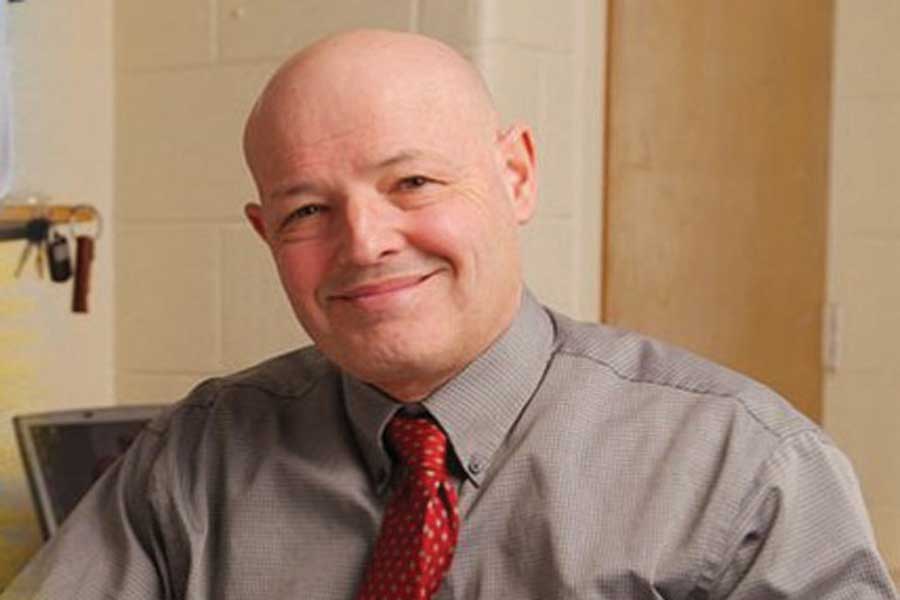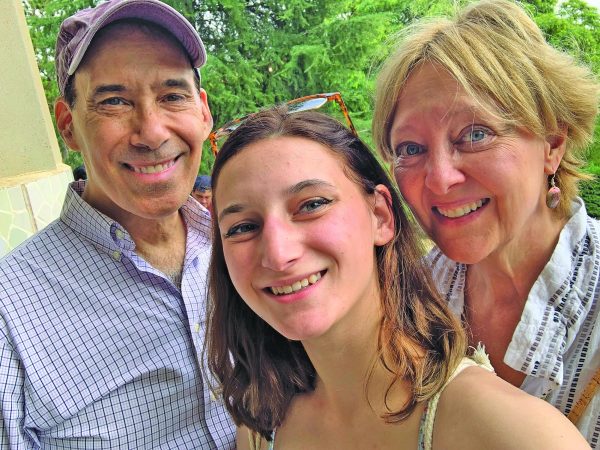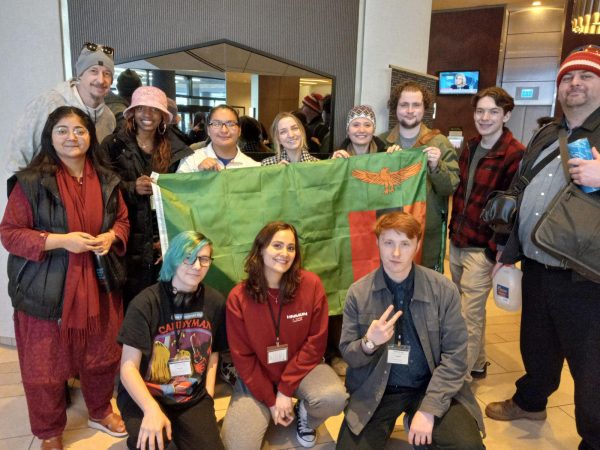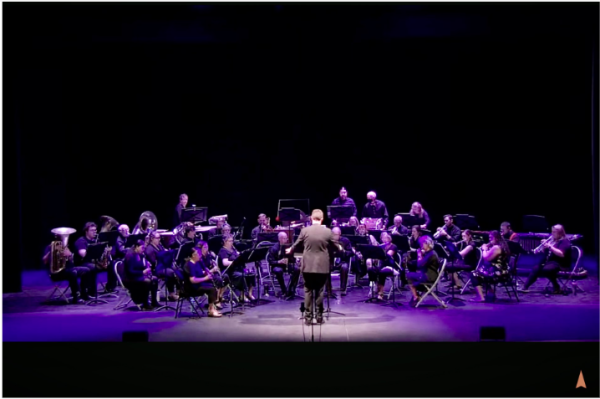Learning communities shoot for connection and retention
Jim Black
A new initiative to enhance student connection and increase retention rates begins this fall at JSC, as incoming art and business students become acquainted with peers and faculty with whom they will spend the next two semesters in the classroom and beyond.
Director of Academic Support Services Karren Madden leads the Learning Communities program, and believes in its power to enhance both learning and student persistence.
“The goal is centered around students, to provide an experience that is positive for the students both educationally and that connects them to the college,” Madden said. “Retention will be a result of that if we do a good job.”
Learning Communities are small groups of students who take multiple classes together, while also spending time outside of the classroom, whether it is for field trips or dinners.
In the art learning community, “Art and Human Dignity,” Ken Leslie and Mary Martin, both professors of fine arts, are pairing their courses. Leslie is teaching Drawing I, and Martin is teaching the first-year seminar Spoils of War.
Chair of the Business and Economics Department Henrique Cezar and Professor of Business and Economics Jim Black are leading “Go Globull!” the learning community for incoming business students. Cezar is teaching Globalize It, a first-year seminar, which will work in conjunction with Black’s course, Social Entrepreneurship.
The two learning communities are independent from one another.
Arts student Erika McCormick and Business and Economics student Jennifer Stein will be working alongside the instructors.
They also will help teach the College Success Lab, which students participating in this pilot project take together.
In the past, Madden has headed experiments that resemble learning communities, but it wasn’t until recently that she received the funding needed to make this a reality at JSC.
Madden and the faculty involved in this year’s pilot project brought in consultants from Cabrini College in Philadelphia, which has experienced much success over the last seven years through its own learning communities initiatives.
“Back in the fall President Murphy had sent out a request for proposals for new initiatives and I submitted a proposal for learning communities…which was accepted,” said Madden.
The Learning Communities program was awarded $10,000, $4,000 of which was spent to bring the Cabrini consultants to Johnson. The remaining $6,000 is to fund this pilot project as JSC.
The faculty involved volunteered to be part of this initiative. They have been meeting monthly since March.
Madden said that the initiative stems from a sincere desire for student success.
“People here, whether faculty or staff, care about students,” she said. “It’s the whole atmosphere of us thinking it’s important that [students are] here.”
The students in this year’s communities will share two classes and a one-credit lab course during the Fall semester, and will return together next semester for one course.
Martin and Leslie developed their syllabi together and will mesh curriculum for Spoils of War and Drawing I. The two courses share a sketchbook assignment that both instructors will work with.
Both communities will also do some traveling. The Art group will visit Dartmouth College in October to view the Orozco murals, the exhibition “Witness: Art and Civil Rights in the Sixties,” and an exhibit on African throwing knives.
In September, the arts group will view a Bread and Puppet Theater performance in Glover, Vt. The students will also share a dinner hosted at Leslie’s home.
Martin is excited about getting to travel and work closely with young students.
“I love traveling with students,” she said. “I’m definitely an advocate for the experiential learning component of traveling. It’s great to have the opportunity to get to know and travel with students before they’re seniors. So often they don’t work as closely with us until their junior or senior year.”
Leslie, who works with undergrad and graduate students, shares a similar sentiment about young learners.
“I really like teaching all levels,” he said. “I like the personality of people who are 18-19 in a different way than someone who is 40 or 70; it’s just all interesting to me. [The pilot initiative] seemed really interesting to me, to connect to another course, and to reach students who are really at the very start of things.”
Black said Social Entrepreneurship has taken the place of Principles of Management in the curriculum for business students, an attempt to charge young students with desire for positive social change.
He explained, “The students pick a social problem that they want to work on, a problem that’s not going to be solved by the market . . . by the government . . . but if you take business principles and practices and apply them to the social problem, then you got something.”
Business students had dinner at Black’s home in Eden, Vt. during the second week of class. Later in the semester, Cezar will head the business learning community’s trip to Montreal.
Madden says that she feels confident that the learning communities will be positive for JSC students. “My concern is to do it well, you need funding, and that’s a key issue,” said Madden. She has plans for future learning communities, including those in which the students will live together.
“We really need to start planning now in order to be ready,” she said.
Travis LeClair joined the Basement Medicine staff in Spring 2014, assuming the position of staff reporter.








